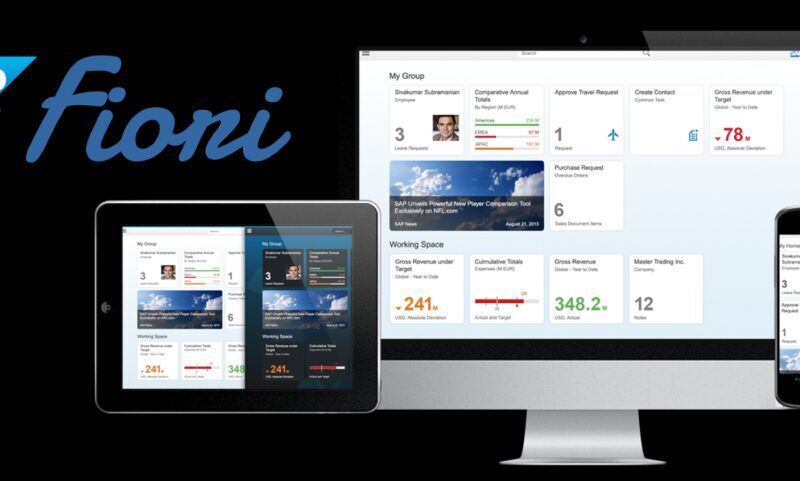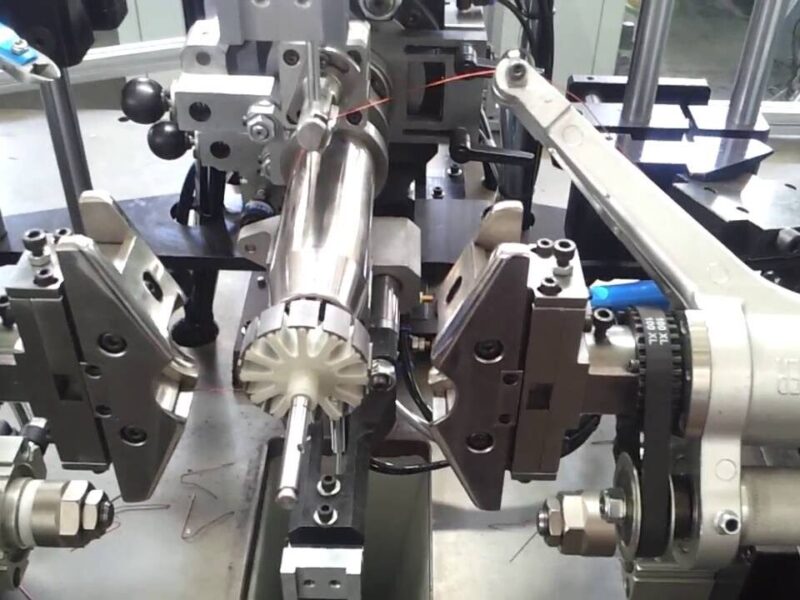In lithium ion batteries, lithium ions flow from the negative electrode to the positive electrode when discharging and back to the negative electrode when charging. Types of lithium-ion batteries differ in chemistry, performance, price, and safety. Unlike primary lithium batteries, lithium ion batteries use an intercalated lithium compound instead of lithium metal as the electrode material.
Lithium-ion batteries are widely used in entertainment electronics. They have a high open circuit voltage, low self-discharge rate, no memory effect, and slow charge loss when not in use, making them one of the best energy-to-weight ratios available, making them one of the most popular types. rechargeable battery in Portable use devices. Due to their high energy density, lithium-ion batteries are increasingly being used in military, electric vehicles, and aerospace applications.
Origin of lithium-ion battery
MS Whittingham of Binghamton University was the first to offer lithium-ion batteries in the 1970s. 1 Whittingham’s cathode is titanium(II) sulfide and the anode is lithium metal. Rachid Yazamiet al. first discovered the electrochemical properties of lithium intercalation in graphite in 1980 when they demonstrated the reversible intercalation of lithium in graphite in lithium/polymer electrolyte/graphite half cells. Bell Labs produced a viable graphite anode in 1981 as a replacement for lithium metal batteries.
Nanomaterials have emerged as viable electrodes for lithium-ion batteries in recent years thanks to the rapid growth of nanotechnology. Nanomaterials have several unique physical and chemical properties such as electrode materials for lithium-ion batteries, such as high surface area, shorter transport length, high reversible capacity, and longer service life. This property can significantly improve the specific capacity and high-speed performance of lithium-ion batteries.
Nanotechnology has played a key role in making many other technologies work. They were tested on hundreds of other technologies. They researched it for decades before making it industrially usable. Now production is carried out on a larger scale. They began to be involved in the manufacture of electronic cards. Lithium-ion batteries have become indispensable in every manufacturing industry today.
The lithium-ion battery also improves the performance of the device. Not only the productivity of the device, but also increase the lifespan thanks to the superior quality nanotechnology used in it. These nanomaterials provide superior performance for all the devices they use, making lithium batteries work very well.
Why should we buy lithium ion batteries?
The main question arises, why and how to buy a lithium-ion battery? So the answer to this question is that lithium batteries are increasingly being used in modern devices. Solar power is now cheaper than coal and this trend will continue. This makes lithium-ion batteries in demand worldwide. Because they have become an important part of the installed solar system and the market continues to grow and explode due to the increasing demand for them.
However, the main problem with solar systems is that they have to rely on energy infrastructure to store the extra energy generated during the day and draw energy from the grid at night. Since the power grid serves as a free energy storage for the solar system, this is being done. However, the industry quickly realized that this was not a viable strategy in the long term, as utilities were the main competitor to solar power. Therefore, they started using self-storage options to ensure the smooth operation of the solar system. Without lithium-ion batteries, solar systems could fail miserably, and with lithium batteries they perform very well. Their effectiveness increases many times over. In addition, this lithium battery extends the life of the solar panel and inverter that comes with it.
Stored solar energy is already gaining momentum thanks to the lower cost of the solar system combined with the fact that you know how to buy lithium-ion batteries. These batteries are highly adaptable and can be used in the wholesale energy market to provide capacity and frequency management, as well as to store household energy. Solar plus storage using lithium batteries is also seen as a viable option for islands as it is cheaper to use solar plus storage than transporting expensive and polluting oil/diesel to power the population. This lithium battery can be used as a storage alternative with eco-friendly solar systems in remote locations where electricity is not available, eg. B. Rural areas, hills, small shops, etc.




